
As Indian stock markets continue to show robust growth despite global uncertainties, a record 15 companies registered their initial public offering (IPO) documents with the Securities and Exchange Board of India (SEBI) on the last day of September.
This took the total filings for the month to 41 which is the highest-ever IPO document filing in a single month.
According to market watchers, the surge in draft red herring prospectus (DRHP) filings happened as audited financials for the quarter ending March 31 are valid only until September 30.
“We forecast more than Rs 1.5 lakh crore of fund raise via IPOs this year. Increasing number of growth-stage businesses will hit the street. Moreover, we will have trend of multinationals coming to tap Indian capital market,” said Mahavir Lunawat, Managing Director, Pantomath Capital Advisors.
“Besides, several other market liquidity parameters, notably monthly mutual fund flow has doubled since last quarter and we are getting close to Rs 40,000 crore of money every month. This has fuelled capital market buoyancy phenomenally,” he added.
The Indian equity markets have reached all-time closing highs, reflecting investor confidence driven by anticipated changes in the domestic interest rate cycle following the US Federal Reserve’s recent 50-basis-point rate cut.
The overall trend in the Indian equity market remains positive, said experts.
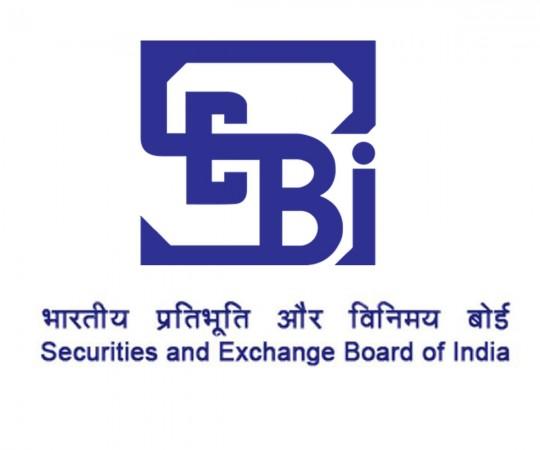
Additionally, the inclusion of Indian sovereign bonds in JP Morgan’s global debt indices has attracted around $18 billion in foreign investment over the past year, with expectations for continued growth following recent US interest rate cuts.
According to analysts, this influx is lowering bond yields, reducing borrowing costs, and positioning Indian debt as increasingly attractive for foreign investors. Future monthly inflows could reach $2 to $3 billion, significantly boosting foreign participation in India’s bond market.
As per Angel One Wealth data, in the first half of this year, more than 5,450 companies have been listed across the world, in which India’s share was about 25 per cent.
Last year also a large number of IPO listings were seen in India. The reason for this was the high inflow by domestic investors in emerging companies and sectors.
(With inputs from IANS)

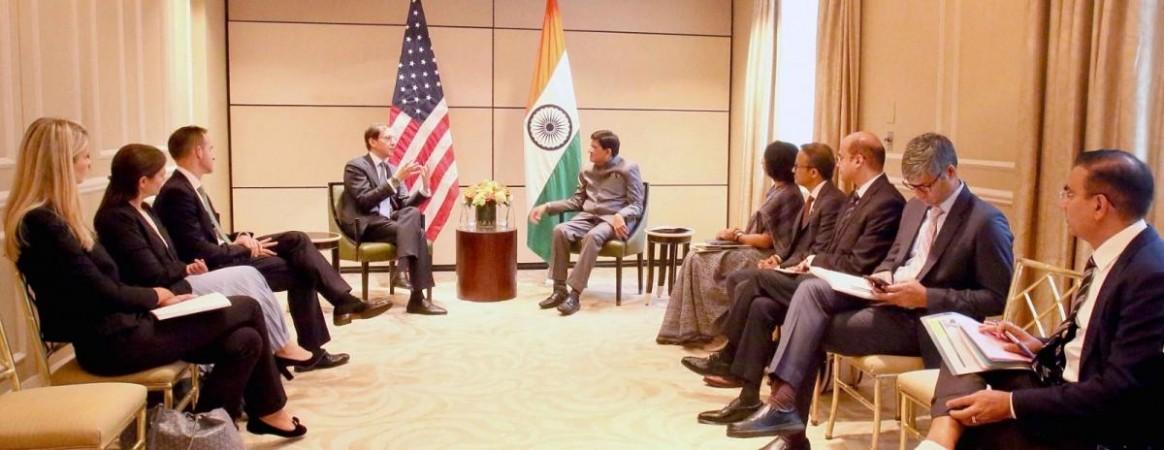
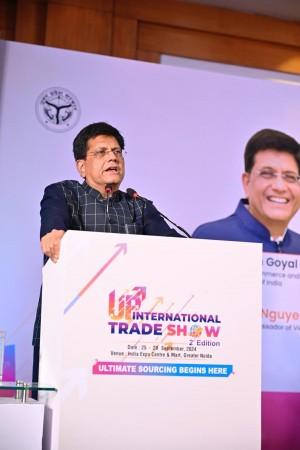

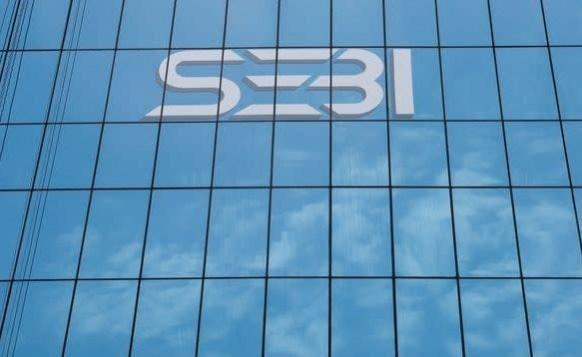


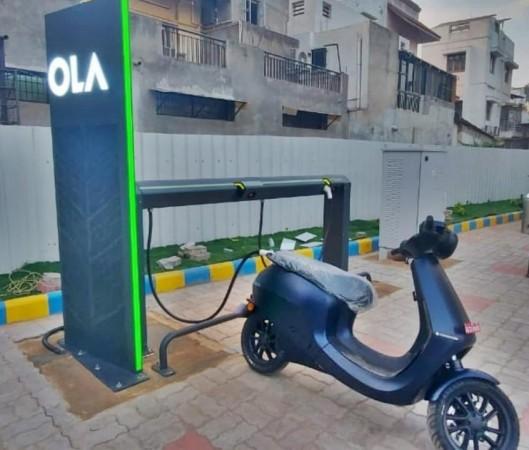


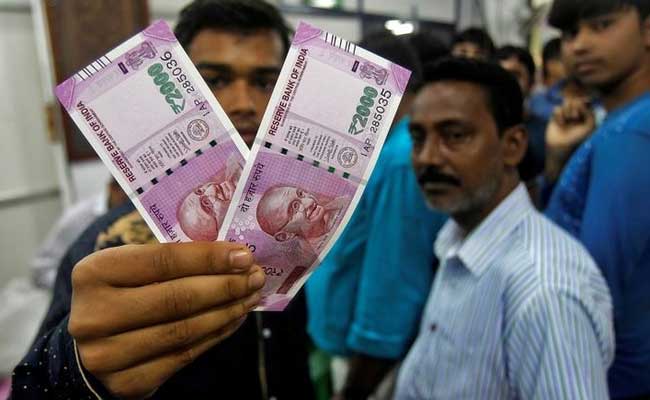
 India 01st October 2024: Panasonic, a global leader in innovative technologies, and T-Hub, the world’s largest innovation campus and India’s premier startup incubator, have formed a strategic partnership to accelerate the commercialization of Panasonic’s cutting-edge Nessum High Definition – Power Line Communication (HD-PLC) Technology in India. This collaboration marks a significant milestone in fostering innovation and business collaboration between India and Japan.
India 01st October 2024: Panasonic, a global leader in innovative technologies, and T-Hub, the world’s largest innovation campus and India’s premier startup incubator, have formed a strategic partnership to accelerate the commercialization of Panasonic’s cutting-edge Nessum High Definition – Power Line Communication (HD-PLC) Technology in India. This collaboration marks a significant milestone in fostering innovation and business collaboration between India and Japan.